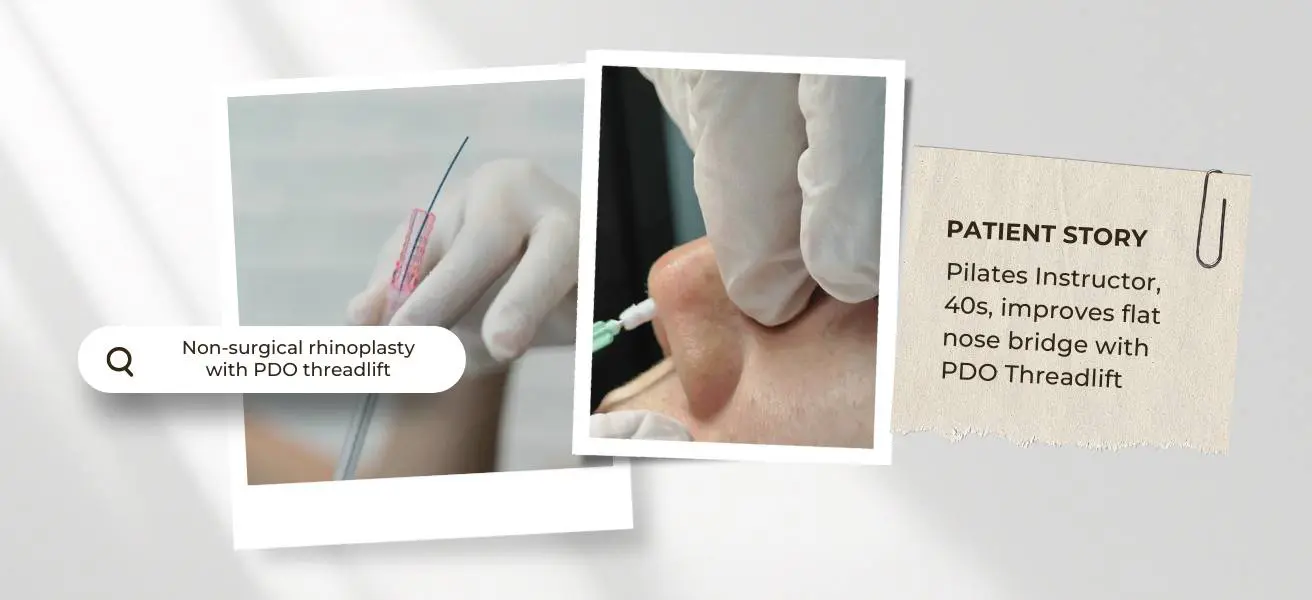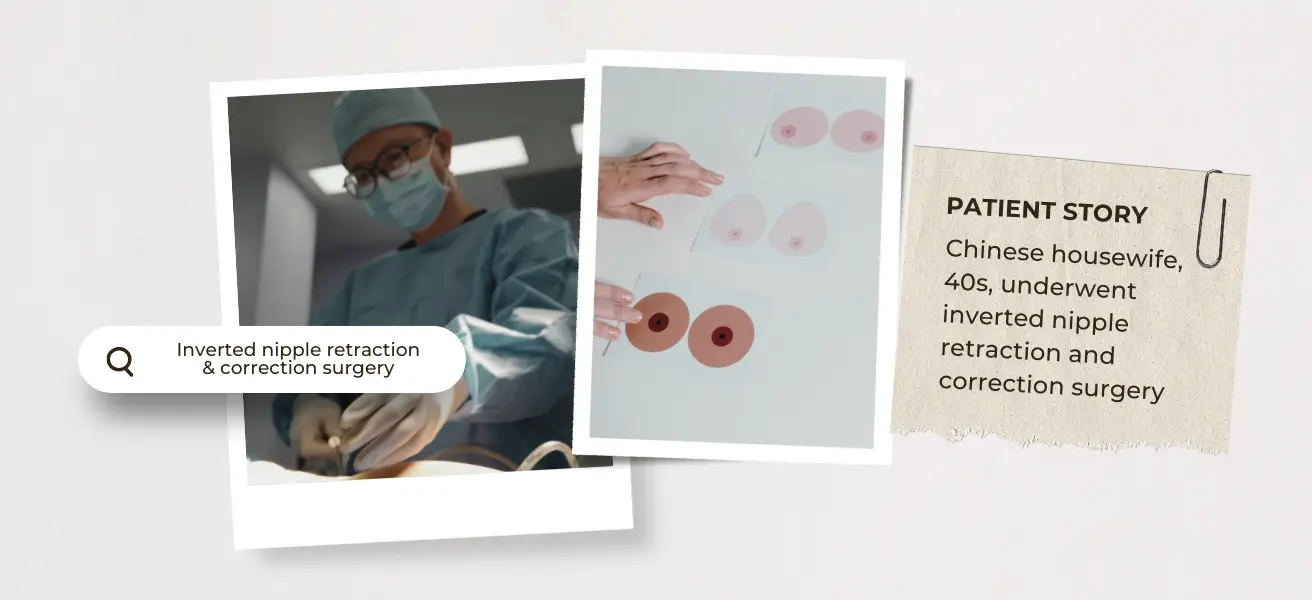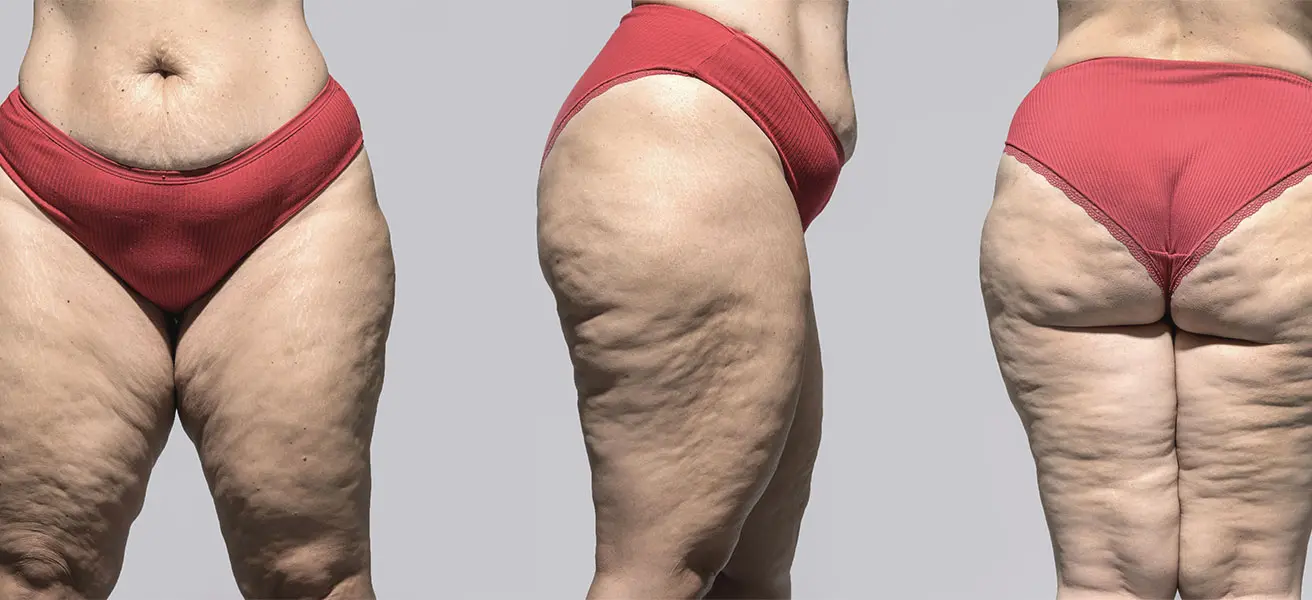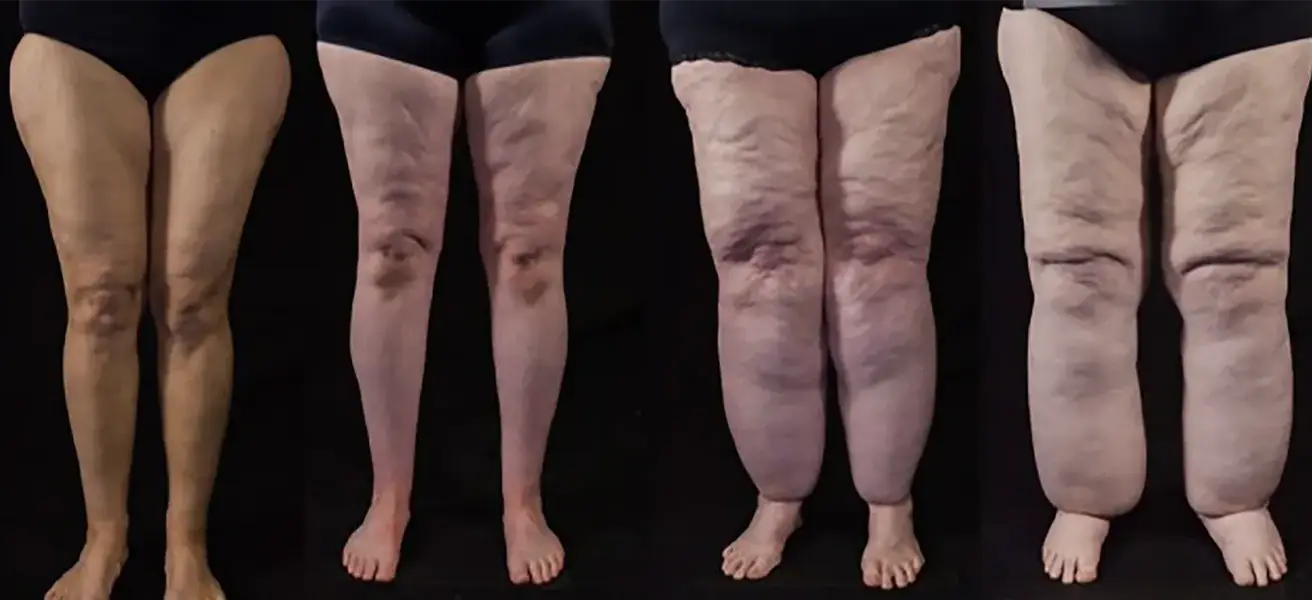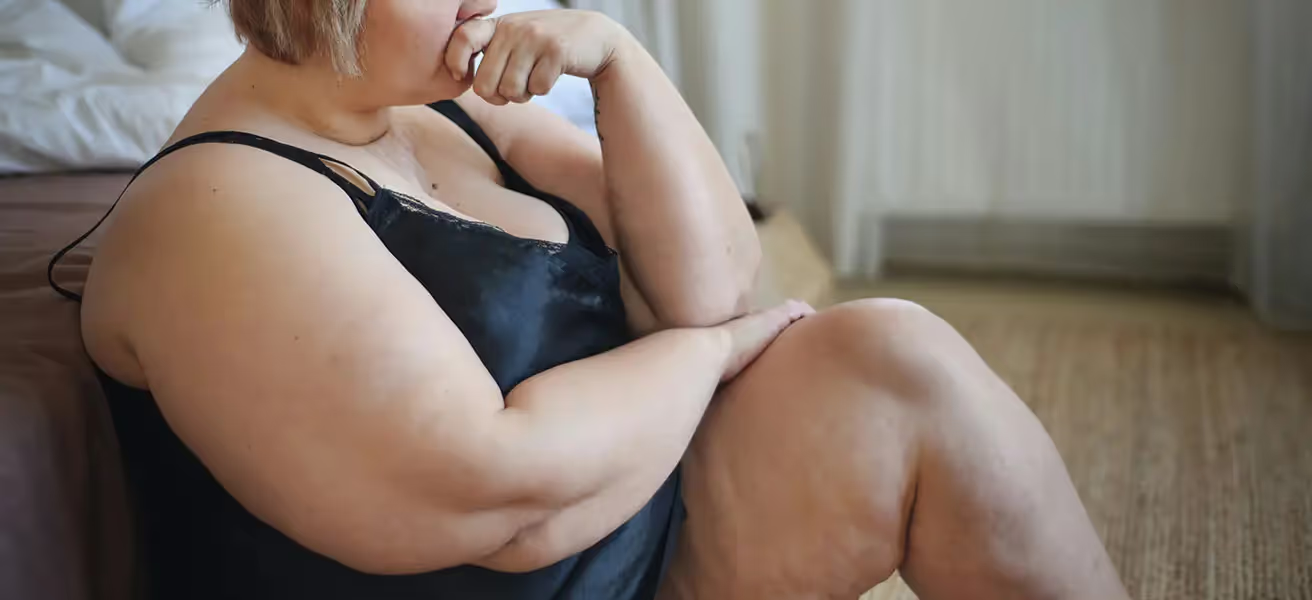Here is a breakdown of the different grades, how gyno affects your self-esteem, and what can be done to get you ready for your NS journey in full confidence.
Table of Contents
3 out of 4 people suffer from "tattoo regret." One study found that 78% of tattooed people regret at least one of their tattoos, and the most regrettable spots include the face, upper arms and upper back. Those who usually regret the tattoo are those whose tattoos are smaller than the palm of the hands and done on impulse.
Whatever your reason is to remove your tattoo, going DIY is not a good idea.
Infographics: The Statistics Surrounding Tattoo Regret from Advanced Dermatology
Efficacy and Safety of Tattoo Removal Cream
Whether the DIY tattoo removal is in the form of cream, lotion or balm, it cannot remove the tattoo and is definitely not a safe option.
Tattoo removal creams usually consist of glycolic acid or trichloroacetic acid that work by removing the top skin layers and lightening the skin.
The side effect of glycolic acid includes swelling, burning and abnormal redness of the skin, while trichloroacetic acid can cause severe irritation to the skin, nose and throat, including shortness of breath.
Although trichloroacetic acid, a powerful corrosive chemical, is FDA-approved for medical professionals' usage, it is not regulated to be used in tattoo removal creams. Using them without supervision is highly risky as different skin's tolerance levels vary.
Can a tattoo be totally removed?
The honest answer is Yes and No.
The complete removal of a tattoo depends on your tattoo's colour, size, and location. Colours like vibrant green and yellow are stubborn, whereas red and black are easier to remove.
Other factors that can affect complete tattoo removal include:
• The way a tattoo is created (by an amateur or professional)
• The patient's age
• The technique that was used to create the tattoo
Other Tattoo Removal Options (but we don't recommend it)
Dr Google has many suggestions on how to remove or lighten a tattoo, such as:
Chemical peels
This method would mean the tattoo area will be burned, along with your skin (yikes!). Peeling the top skin layer may result in infection and scarring, including the skin around the tattoo area.
Dermabrasion
This abrasive treatment will rub down the skin (think sandpaper) to fade the tattoos. The area will be swollen, lasting for weeks and even months! Dermabrasion in those with darker skin tones can result in skin discolouration and scarring.
Why do you want to put yourself through such an ordeal?!
Safest Tattoo Removal Options: Picolaser Tattoo Removal
Tattoo removal cream is not safe.
To remove a tattoo, despite the size, colour, age, and location, Picolaser Tattoo Removal is the safest and most effective solution that many doctors have given a stamp of approval to.
This FDA-approved laser uses micro-short energy pulses to break down the tattoo pigments into smaller particles that will be absorbed in the body and removed through our body's natural process of waste disposal. The heat delivered to the skin is reduced, so the risk of damaging the skin surface or its surroundings is minimal. This also allows for a speedy recovery with a much lesser risk of scarring. Treatment time is also shorter than traditional tattoo removal lasers.
Picolaser Tattoo Removal is suitable for all skin colours and minimises the risks of post-inflammatory hyperpigmentation in darker skin tones.
Laser Tattoo Removal Cost Singapore

The cost of tattoo removal lasers in Singapore varies from individual to individual. Generally, expect to pay from S$200 to S$500 per session. The number of sessions needed hinges on factors like the tattoo's size, colour, placement, and your skin's healing process.
Laser Tattoo Removal Safety Singapore
Laser treatments in Singapore are subject to stringent regulations by the Ministry of Health, ensuring a high safety standards. The procedure can only be performed by certified medical doctors with training in operating laser machines.
Dr Ivan Puah, the medical director of Amaris B. Clinic, holds a Graduate Diploma in Family Dermatology from NUS and boasts over 17 years of clinical experience which encompasses the treatment of diverse skin conditions, including hyperpigmentation, acne, acne scars, ageing skin and also tattoo.
Attempting to remove tattoos you no longer love on your own with tattoo removal cream or any other DIY means can be risky. This is one of those things where you cannot take matters into your own hands.
Consult a medical professional for safe and effective tattoo removal.























